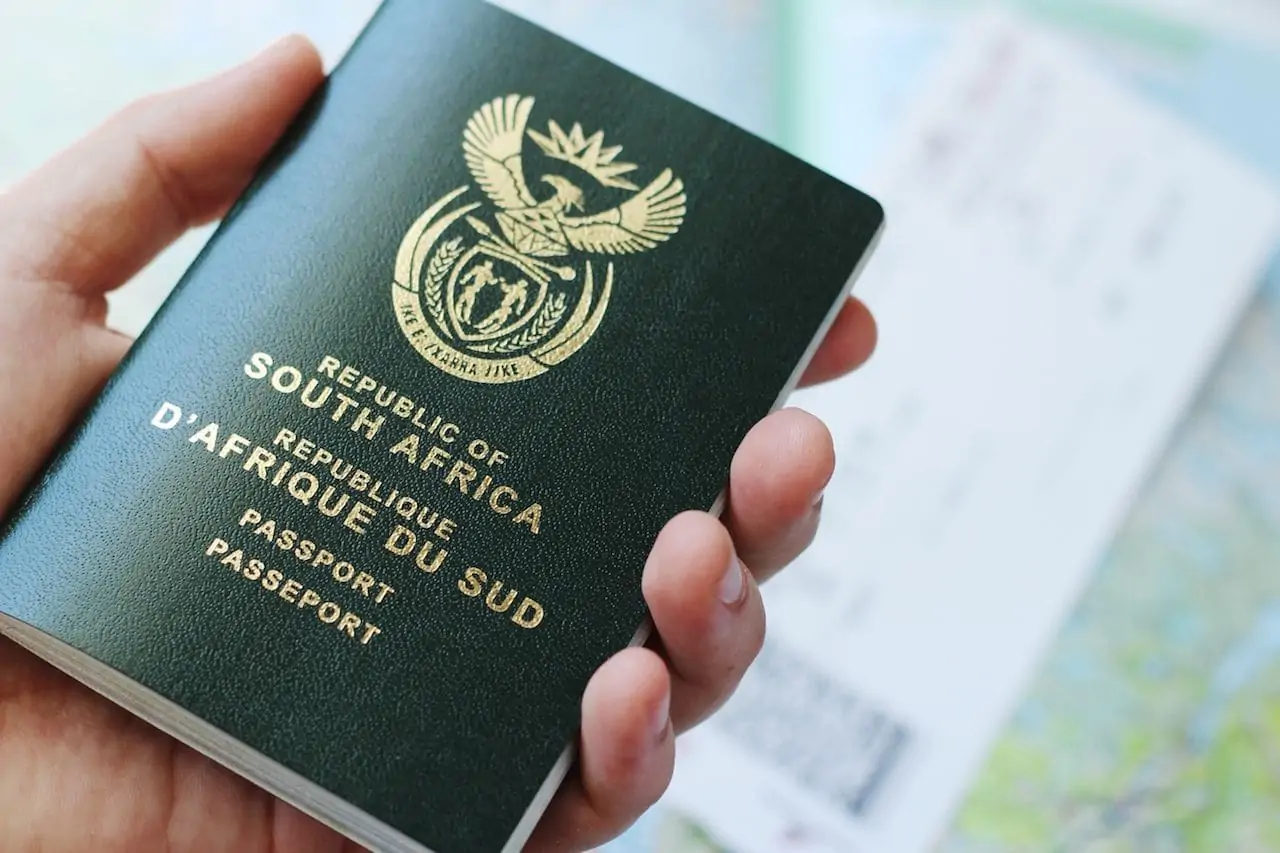
In a landmark ruling that has implications for South Africans worldwide, the Supreme Court of Appeal of South Africa has declared a significant change to the dual nationality law. This judgement, handed down on 13 June 2023, allows South Africans to retain their citizenship when they obtain a second nationality.
The South African citizenship law, which commenced in 1949, had limitations on dual nationality. From 1949 until 13 June 2023, adult South Africans who voluntarily acquired citizenship of another country had to seek permission from the government to retain their South African citizenship. Those born with a second nationality by descent did not have to take any steps to keep South African citizenship.
However, many South Africans, both in the Republic and overseas, fell foul of the rules and lost their South African citizenship, not realising that the necessary permission needed to be sought before acquiring the second nationality. This ruling is set to change the future position for dual nationality in South Africa, benefiting South Africans who have acquired citizenship or nationality of another country in recent years.
The Supreme Court of Appeal declared that Section 6(1)a of the South African Citizenship Act 1995, which required this permission, is inconsistent with the Constitution and is invalid from its promulgation on 6 October 1995. This means that any South African citizen who, between 6 October 1995 and 13 June 2023, lost their South African citizenship as a result of acquiring citizenship of another country, without first obtaining the necessary permission from the Department of Home Affairs, is now a South African citizen once more.
This ruling has significant implications for South Africans who have dual citizenship. Those affected by the previous law can now re-apply for South African passports, assuming the judgement is approved by the Constitutional Court.
However, the ruling also comes with certain practical implications. For instance, the Department of Home Affairs may still require those who obtained a second nationality before 6 October 1995 to have obtained permission to hold a second nationality. On the other hand, those who obtained a second nationality after 5 October 1995 should not normally be required to hold the permission letter.
For Rateweb’s audience, who are primarily interested in technology, shopping, and financial services, this ruling has potential implications for personal finance, banking, and insurance. Holding citizenship of your country of birth may affect consideration of domicile for tax matters or cause issues with dual nationality rules of other countries.
For instance, South Africans living abroad and holding dual citizenship may need to reassess their tax obligations in light of this ruling. Similarly, those who have lost their South African citizenship and are now deemed to have regained it may need to review their insurance policies, banking services, and credit arrangements.
Given the complexities of these issues, it’s advisable for affected parties to seek professional advice. The changes to the dual nationality law in South Africa are significant and could have far-reaching implications for South Africans at home and abroad. As such, it’s crucial to understand the full impact of these changes on personal and financial circumstances.
In conclusion, the change to the dual nationality law marks a new era for South Africans. It provides an opportunity for those who lost their citizenship to reclaim it and offers greater flexibility for South Africans seeking to hold dual nationality. However, it also underscores the importance of understanding the legal and financial implications of dual citizenship.
This website uses cookies.